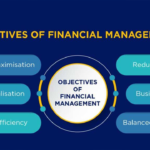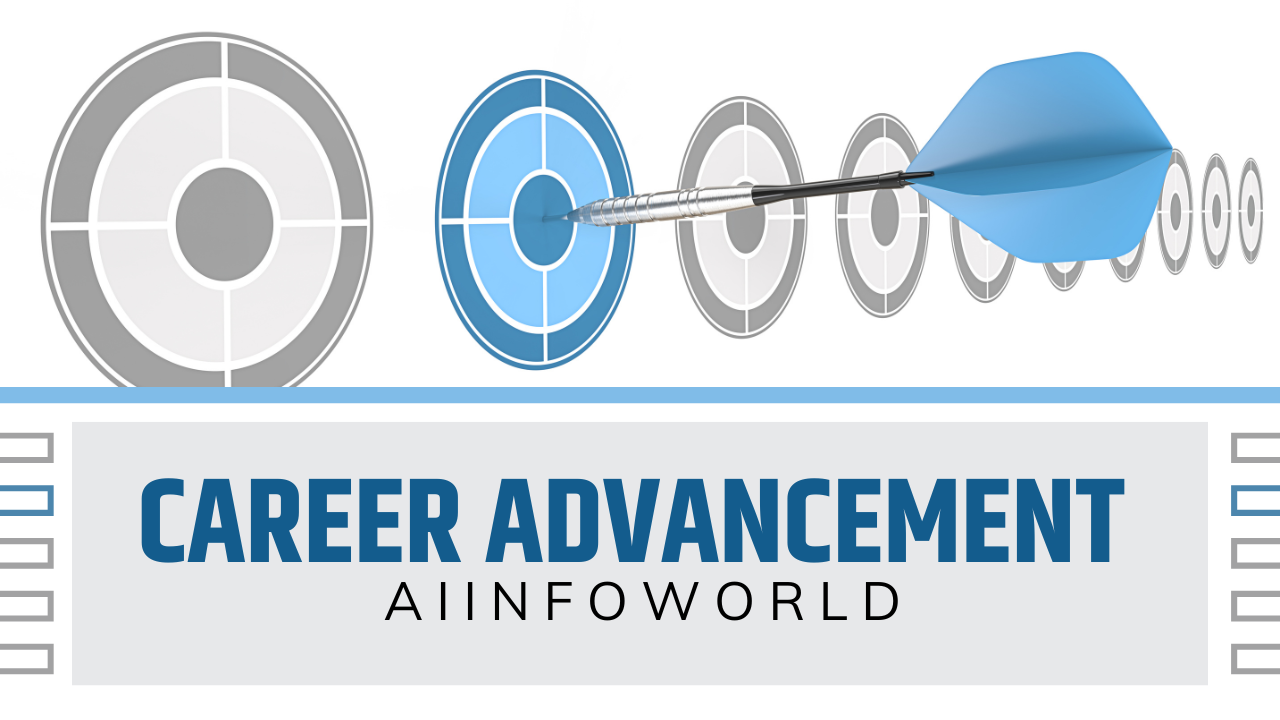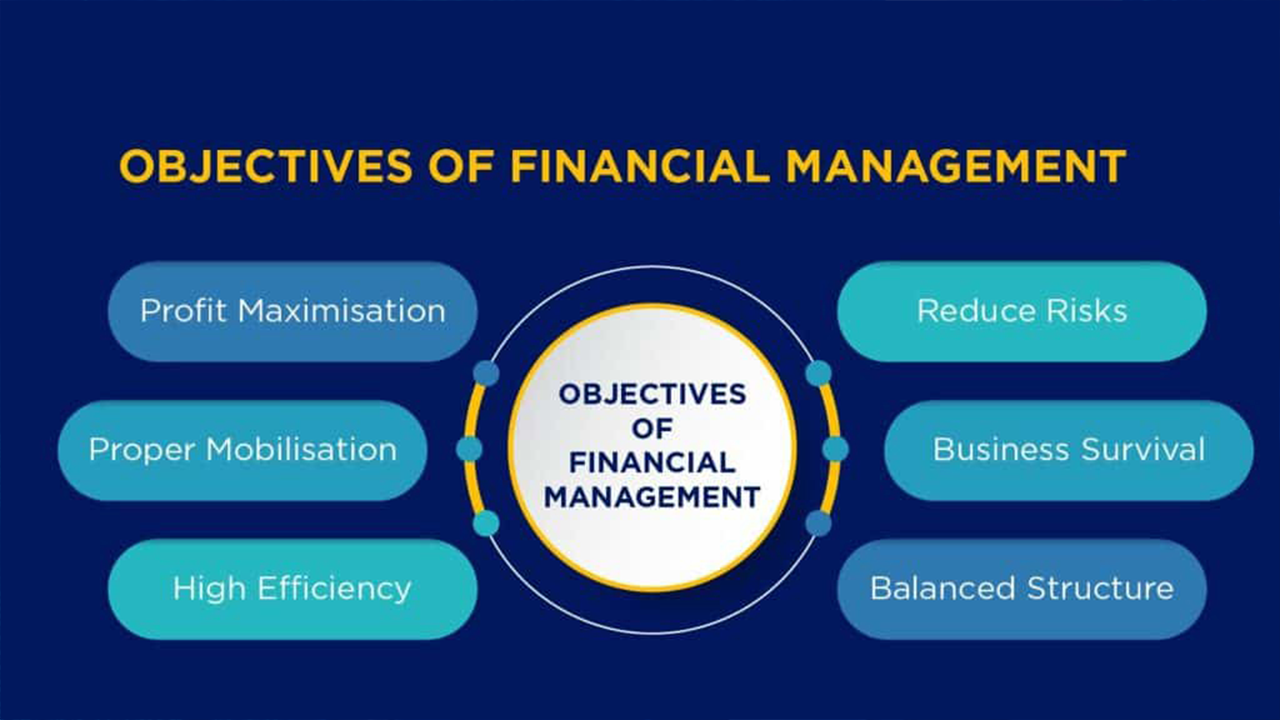Advancing in your career requires a combination of strategic planning, skill development, and proactive networking. Whether you’re looking to climb the corporate ladder, switch industries, or simply enhance your current role, these tips and strategies will provide the guidance you need to achieve your professional goals.
1. Set Clear Career Goals
Define Your Objectives
- Short-Term Goals: Identify what you want to achieve in the next year. This could include gaining new skills, taking on more responsibilities, or securing a promotion.
- Long-Term Goals: Think about where you want to be in 5 to 10 years. Consider the positions you aspire to, the industries you want to work in, and the lifestyle you envision.
Create an Action Plan
- Specific Actions: Break down your goals into actionable steps. For example, if you want to become a project manager, identify the certifications you need and the experience you must gain.
- Timeline: Set realistic deadlines for each step to keep yourself on track.
2. Develop Key Skills
Identify Core Competencies
- Technical Skills: Depending on your field, this could include programming, data analysis, or industry-specific knowledge.
- Soft Skills: Develop skills like communication, leadership, problem-solving, and emotional intelligence, which are crucial across all professions.
Pursue Continuous Learning
- Certifications and Courses: Enroll in courses relevant to your industry. Websites like Coursera, Udemy, and LinkedIn Learning offer a plethora of options.
- Workshops and Seminars: Attend industry conferences and workshops to stay updated on trends and expand your professional knowledge.
3. Network Effectively
Build Strong Relationships
- Internal Networking: Connect with colleagues across different departments. This helps you understand the broader business and opens up new opportunities.
- External Networking: Join professional associations, attend industry events, and engage with peers in your field.
Use Social Media
- LinkedIn: Optimize your profile with a professional photo, detailed work experience, and endorsements. Share industry-related content and engage with posts to increase your visibility.
- Professional Groups: Join groups related to your industry to participate in discussions and make valuable connections.
4. Seek Mentorship and Guidance
Find a Mentor
- Identify Potential Mentors: Look for individuals who have achieved what you aspire to. Reach out to them for advice and guidance.
- Build a Relationship: Develop a mentor-mentee relationship based on mutual respect and shared goals.
Offer and Receive Feedback
- Seek Constructive Criticism: Regularly ask for feedback from your supervisor and peers to identify areas for improvement.
- Provide Feedback: Offer constructive feedback to others, which can also help you build strong professional relationships.
5. Demonstrate Initiative and Leadership
Take on New Challenges
- Volunteer for Projects: Offer to lead new projects or take on additional responsibilities that align with your career goals.
- Problem-Solve: Identify issues within your organization and propose solutions, demonstrating your initiative and leadership skills.
Showcase Your Achievements
- Document Your Successes: Keep a record of your accomplishments and the impact you’ve made. This is useful for performance reviews and job applications.
- Share Your Successes: Don’t be afraid to share your achievements with your network and supervisors, highlighting your contributions to the organization.
6. Maintain a Positive Attitude
Stay Resilient
- Overcome Setbacks: View challenges and setbacks as learning opportunities. Maintain a positive attitude and focus on solutions rather than problems.
- Adapt to Change: Be flexible and open to change. Adaptability is a key trait that employers value.
Build a Support System
- Find Allies: Surround yourself with supportive colleagues and mentors who can offer encouragement and advice.
- Work-Life Balance: Ensure you maintain a healthy work-life balance to prevent burnout and stay motivated.
7. Explore Career Advancement Opportunities
Internal Opportunities
- Promotions: Keep an eye on internal job postings and apply for positions that align with your career goals.
- Cross-Department Moves: Explore opportunities in other departments to gain a broader experience and increase your value within the organization.
External Opportunities
- Job Market Research: Stay informed about industry trends and job openings. Use job boards, company websites, and recruitment agencies to explore opportunities.
- Expand Your Horizons: Consider roles that may be outside your current field but leverage your skills and experience.
8. Leverage Technology and Tools
Use Career Development Tools
- Career Assessment Tests: Utilize tools like the Myers-Briggs Type Indicator or StrengthsFinder to understand your strengths and career preferences.
- Resume Builders and LinkedIn Optimizers: Use online tools to create a standout resume and optimize your LinkedIn profile for job searches.
Stay Updated with Industry Tools
- Industry-Specific Software: Gain proficiency in tools and software that are commonly used in your industry to increase your marketability.
- Technology Trends: Stay informed about emerging technologies that may impact your field and seek to learn how to use them effectively.
Advancing your career is a multifaceted endeavor that requires a blend of strategic planning, continuous learning, and proactive networking. Whether you’re looking to climb the corporate ladder, switch industries, or enhance your skills, these must-know tips and strategies will help you achieve your professional goals.
1. Set Clear Career Goals
The first step in advancing your career is to define what success looks like for you. Setting clear, achievable goals provides direction and motivation. Use the SMART criteria to ensure your goals are Specific, Measurable, Achievable, Relevant, and Time-bound. For example, instead of saying, “I want to get a promotion,” specify, “I aim to become a senior manager in my department within two years.”
2. Develop a Personal Development Plan
A personal development plan (PDP) is a roadmap for your professional growth. Identify the skills and knowledge you need to achieve your career goals. This could include technical skills, soft skills, or industry-specific knowledge. Create a timeline for acquiring these skills and identify resources such as courses, workshops, or certifications.
3. Seek Feedback and Act on It
Constructive feedback is invaluable for career advancement. Regularly seek feedback from supervisors, peers, and mentors to understand your strengths and areas for improvement. Act on this feedback by setting specific development goals and tracking your progress. Demonstrating a willingness to learn and grow can significantly enhance your reputation and career prospects.
4. Network Strategically
Networking is a critical component of career advancement. Build and maintain a network of professional contacts both within and outside your organization. Attend industry events, join professional associations, and participate in online forums and social media groups related to your field. Networking can lead to new opportunities, insights, and valuable relationships that can support your career growth.
Expert Tips for Navigating the World of Dating and Relationships
5. Find a Mentor
A mentor can provide guidance, support, and advice as you navigate your career path. Seek out mentors who have experience and expertise in your desired field or role. A mentor can offer valuable insights, help you avoid common pitfalls, and provide encouragement and motivation. Don’t be afraid to reach out and ask someone to mentor you; many professionals are willing to share their knowledge and experience.
6. Enhance Your Soft Skills
While technical skills are important, soft skills are often the differentiators that can propel your career forward. Communication, leadership, problem-solving, and emotional intelligence are crucial in almost any role. Invest time in developing these skills through training, reading, and practical experience. Strong soft skills can improve your ability to work effectively with others and lead teams, making you a more attractive candidate for promotions and new opportunities.
7. Continuously Update Your Technical Skills
In today’s fast-paced and ever-changing work environment, keeping your technical skills up-to-date is essential. Stay informed about the latest trends and developments in your industry. Take advantage of online courses, workshops, and professional development programs to enhance your skills. Certifications and advanced degrees can also provide a competitive edge.
8. Build a Strong Personal Brand
Your personal brand is how you present yourself to the professional world. It encompasses your reputation, online presence, and the way you communicate and interact with others. Cultivate a positive personal brand by showcasing your expertise, sharing valuable insights, and maintaining a professional online presence. LinkedIn is a powerful platform for building and promoting your personal brand. Regularly update your profile, share content, and engage with others to enhance your visibility and credibility.
9. Take on New Challenges
Volunteering for new projects or responsibilities can help you develop new skills and demonstrate your value to your organization. Seek out opportunities that align with your career goals and challenge you to grow. Taking on new challenges shows initiative and a willingness to step out of your comfort zone, both of which are attractive qualities to employers and can lead to career advancement.

10. Prioritize Work-Life Balance
Maintaining a healthy work-life balance is essential for long-term career success. Burnout can hinder your productivity and career progress. Make time for activities that recharge you, such as hobbies, exercise, and spending time with loved ones. A balanced approach to work and life can improve your overall well-being, making you more effective and resilient in your professional life.
11. Be Proactive in Career Development
Don’t wait for opportunities to come to you; be proactive in seeking them out. Regularly review job postings, industry news, and company announcements to stay informed about potential opportunities. If you see a role or project that interests you, don’t hesitate to express your interest and demonstrate how you can add value.
12. Stay Adaptable and Open to Change
The modern workplace is constantly evolving, and adaptability is a crucial skill for career advancement. Be open to new experiences, roles, and industries. Embrace change and view it as an opportunity for growth rather than a threat. Staying adaptable can help you navigate the uncertainties of the job market and seize new opportunities as they arise.
13. Cultivate a Positive Attitude
A positive attitude can significantly impact your career progression. Approach challenges with optimism and a solution-oriented mindset. A positive attitude can enhance your interactions with colleagues, improve your problem-solving abilities, and make you a more pleasant and effective team member. Employers value employees who contribute to a positive work environment.
14. Master Time Management
Effective time management is essential for productivity and career advancement. Prioritize your tasks, set clear deadlines, and minimize distractions. Use tools and techniques such as to-do lists, calendars, and time-blocking to stay organized and focused. Efficient time management allows you to accomplish more and demonstrate your ability to handle increased responsibilities.
15. Give Back to Your Community
Engaging in community service and volunteer work can enhance your professional skills and expand your network. Volunteering provides opportunities to develop leadership, communication, and project management skills. It also allows you to make meaningful connections and contribute to causes you care about. Giving back to your community can enhance your personal brand and provide a sense of fulfillment.
Mastering Conflict Resolution: Strategies for Setting Boundaries and Finding Peace
Advancing your career requires a combination of strategic planning, continuous learning, and proactive networking. By setting clear goals, seeking feedback, enhancing your skills, and staying adaptable, you can position yourself for success in your professional journey. Embrace these tips and strategies to take charge of your career and achieve your aspirations.
Advancing your career requires a proactive and strategic approach. By setting clear goals, developing essential skills, networking effectively, seeking mentorship, demonstrating initiative, maintaining a positive attitude, exploring opportunities, and leveraging technology, you can position yourself for success and achieve your professional aspirations. Take charge of your career today with these must-know tips and strategies, and watch your professional journey flourish.











